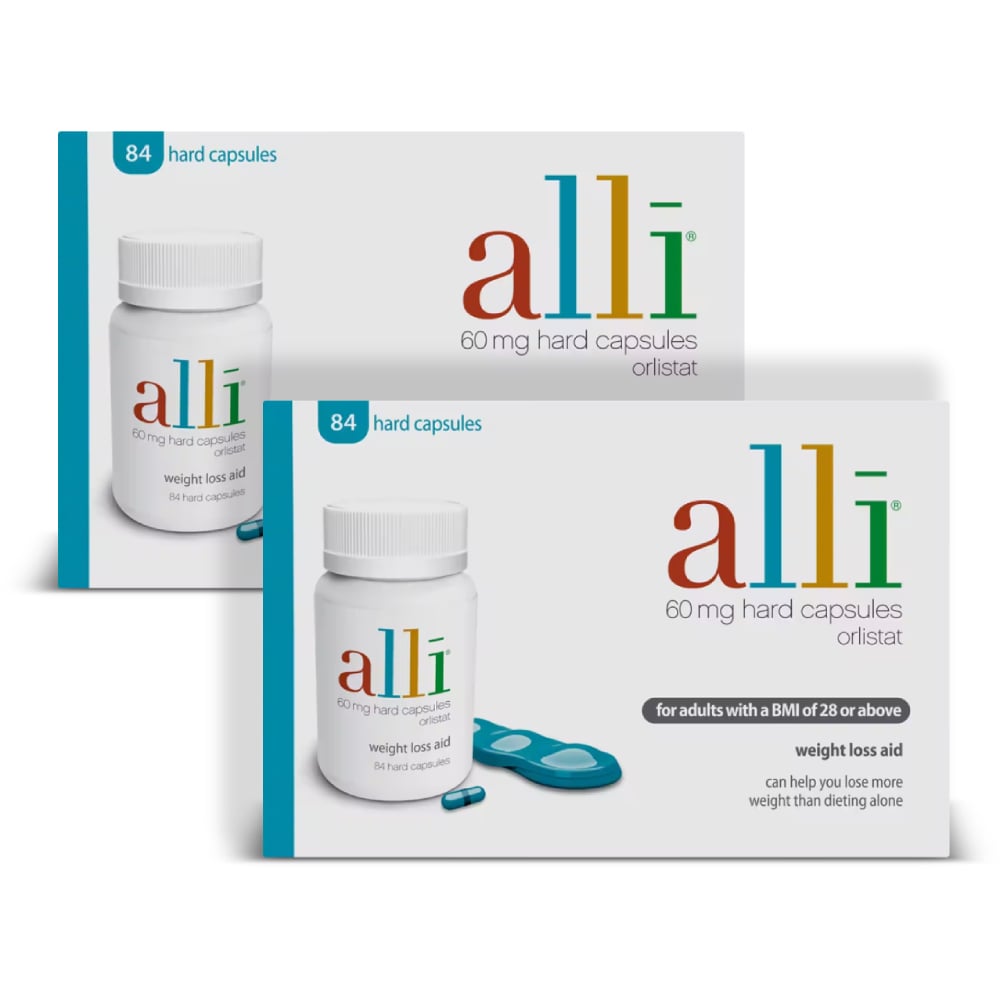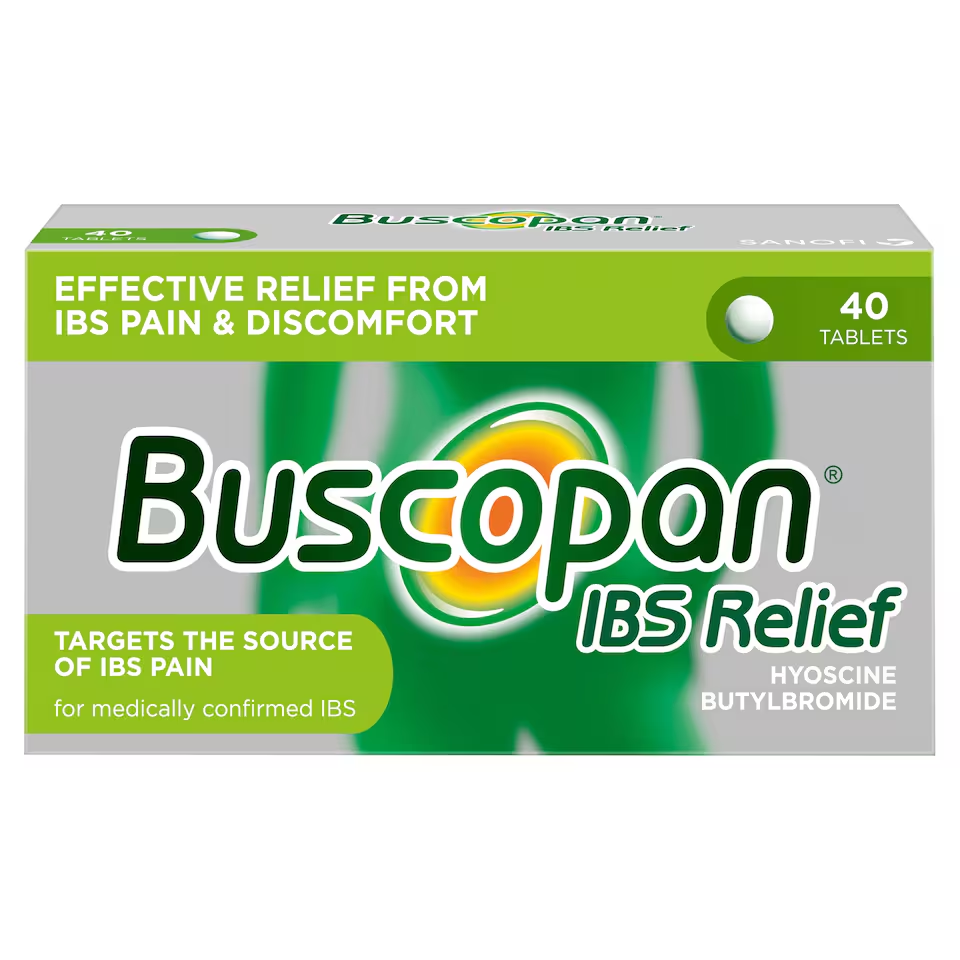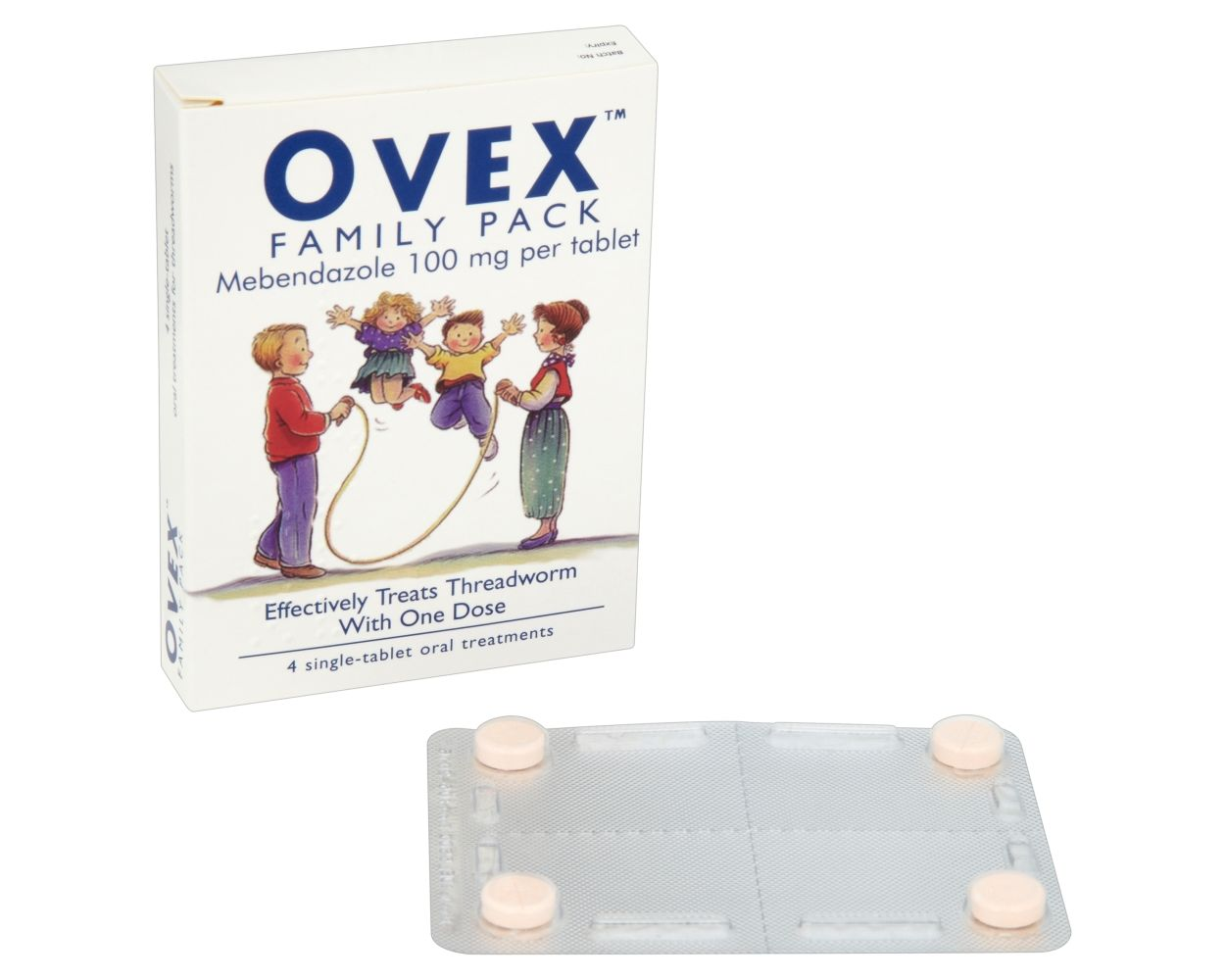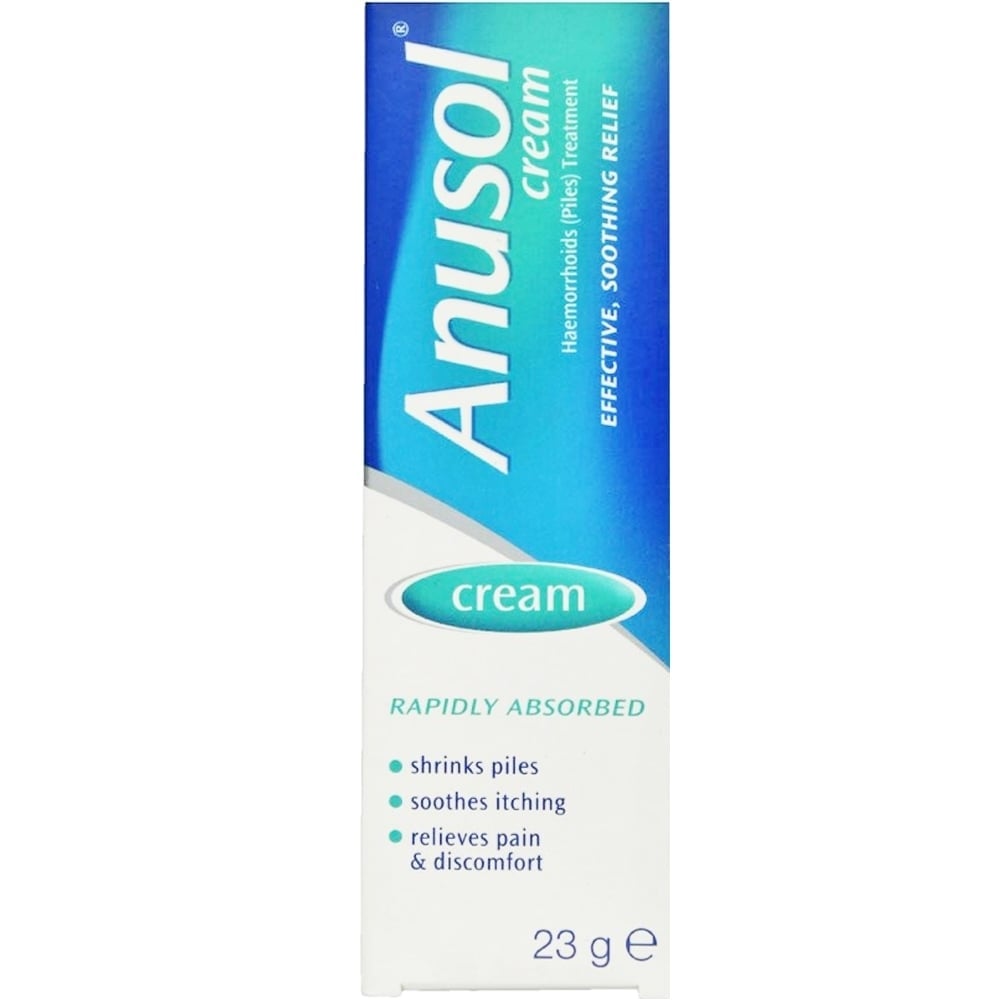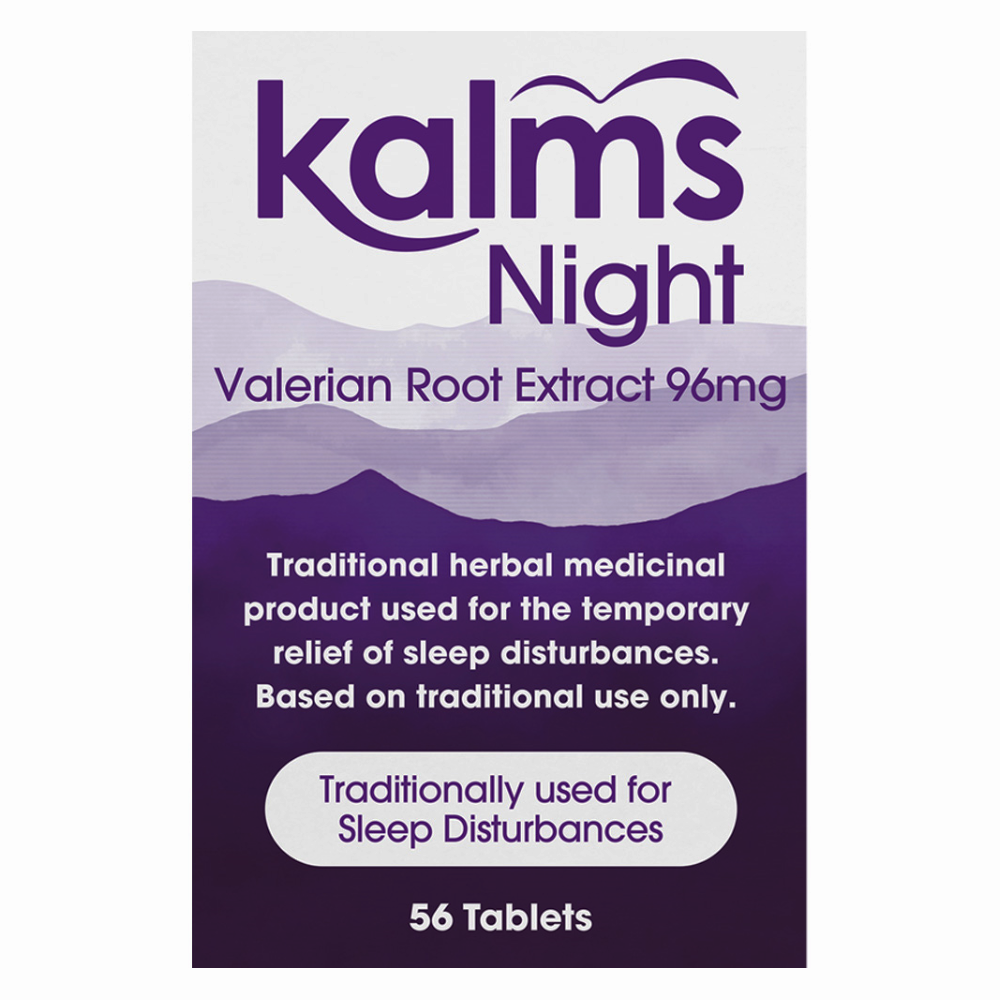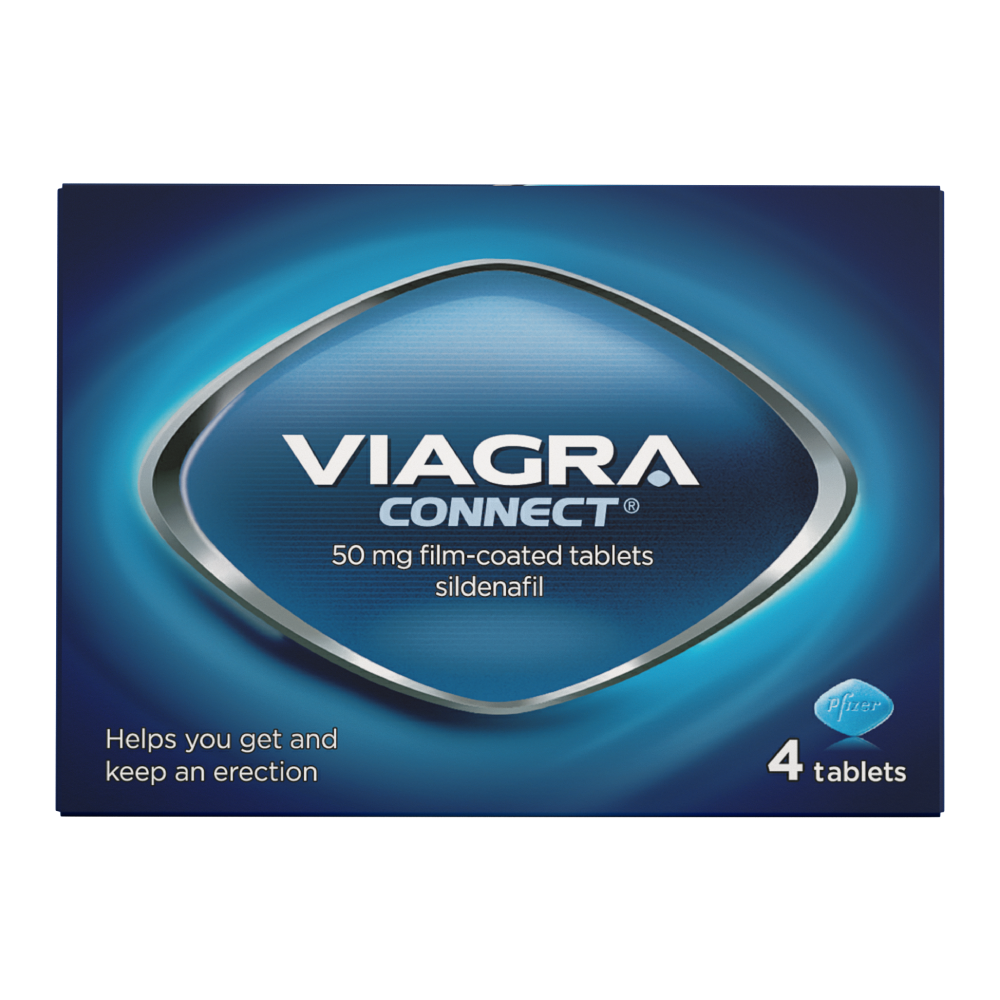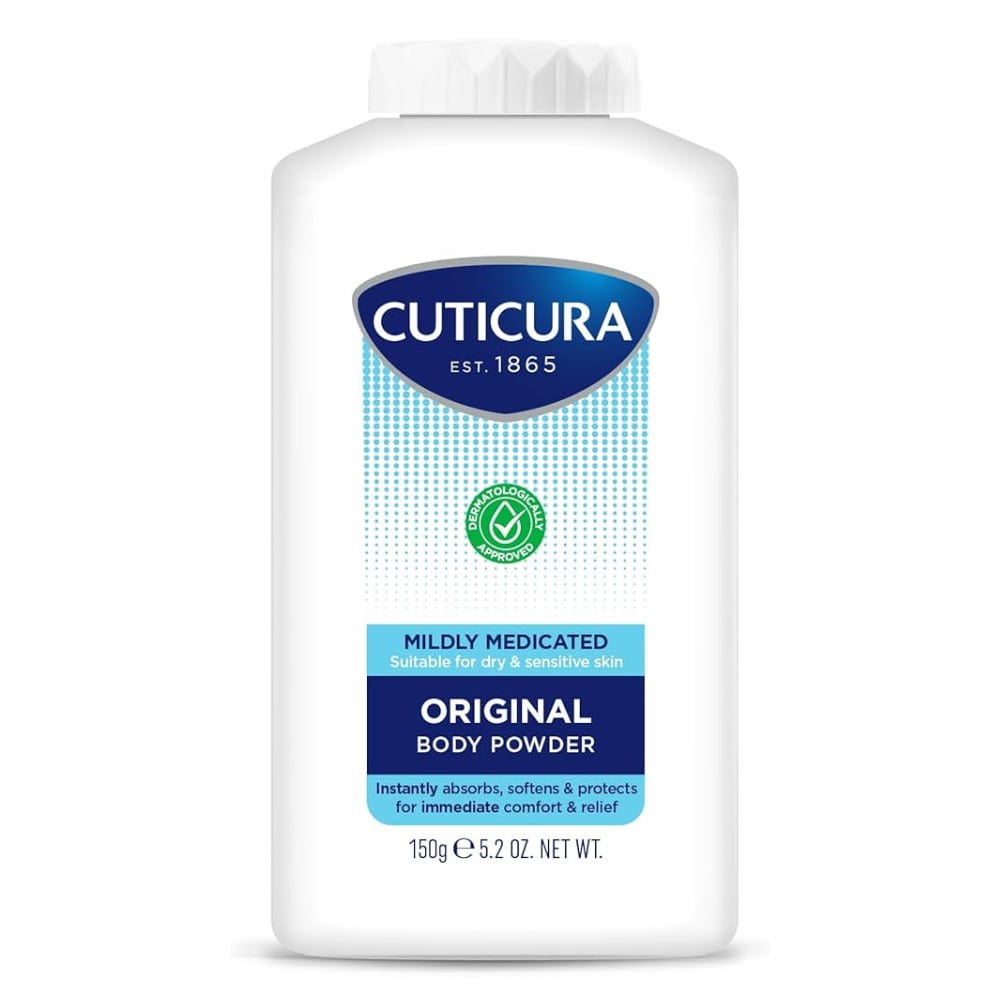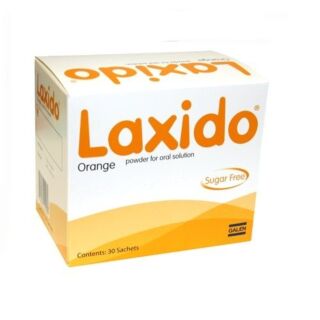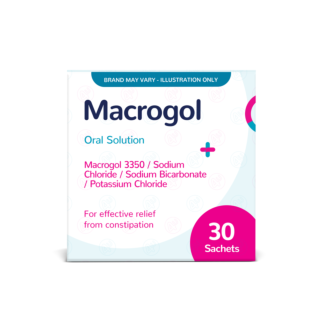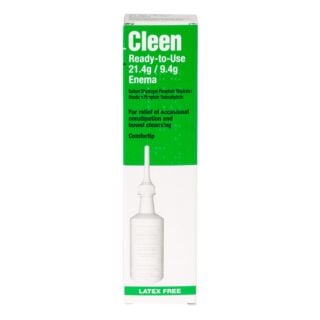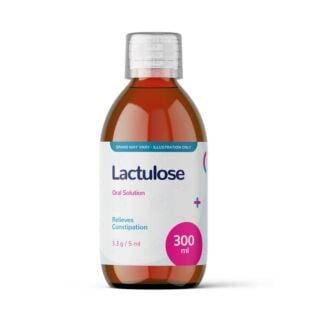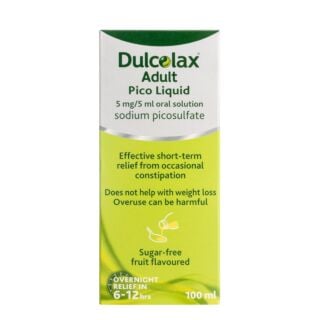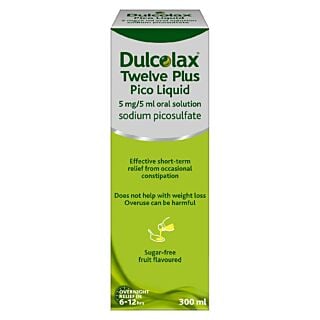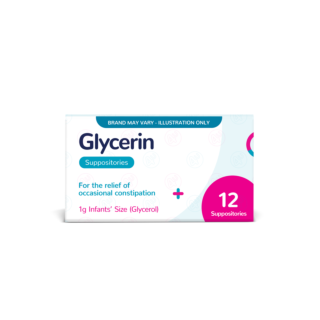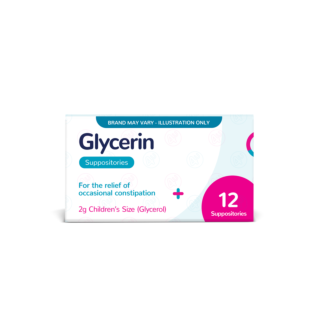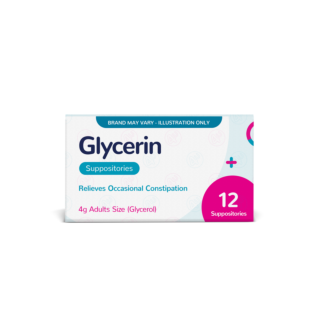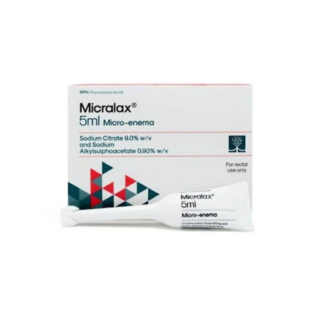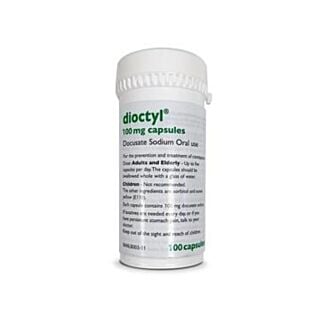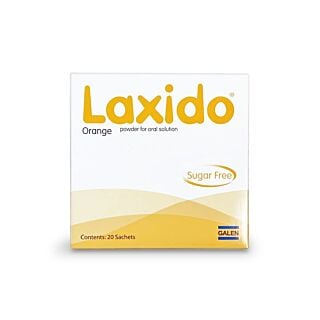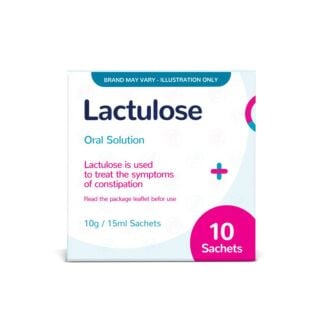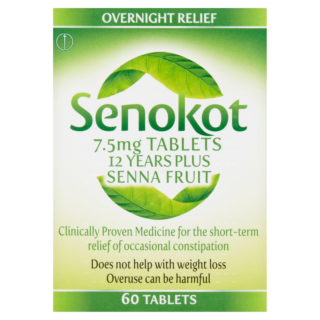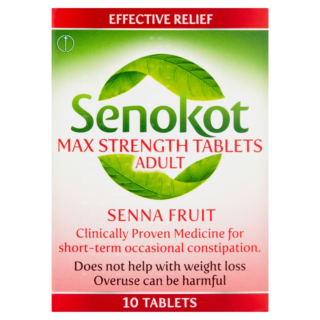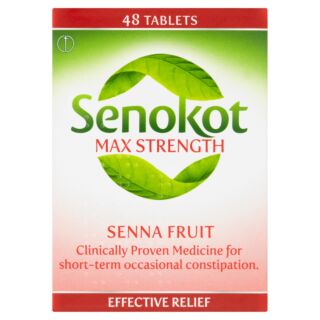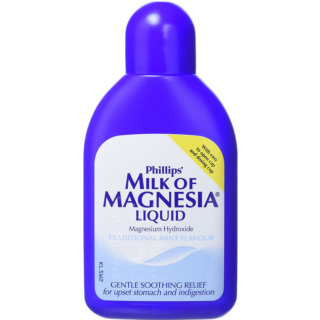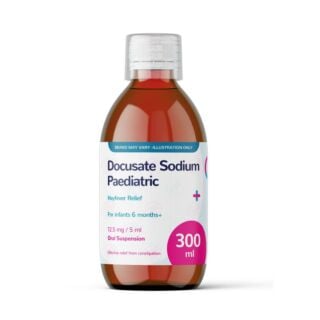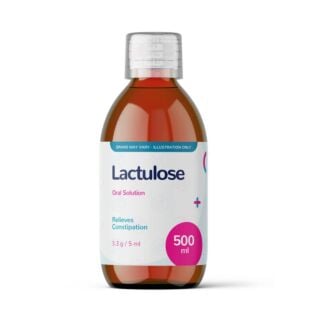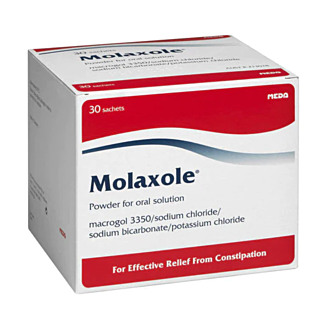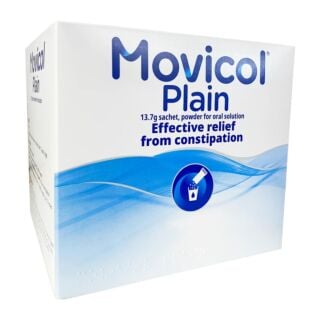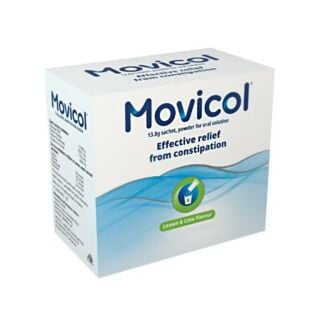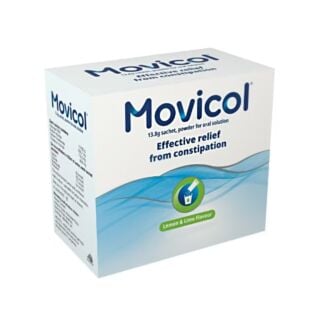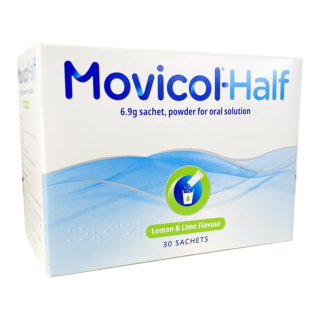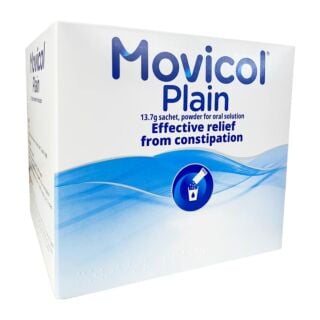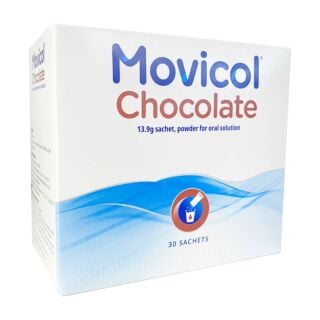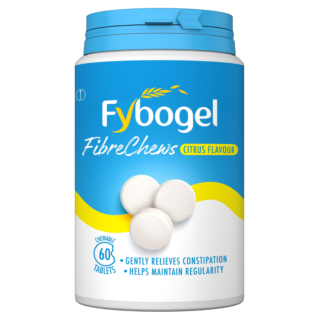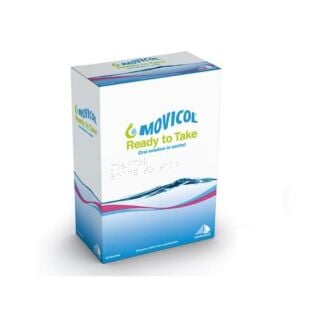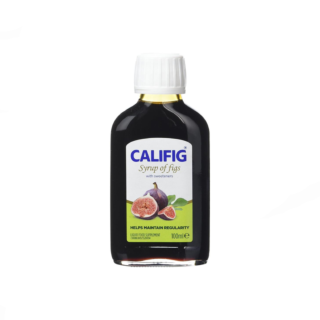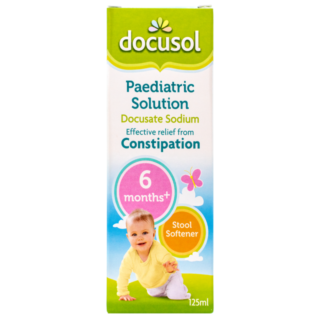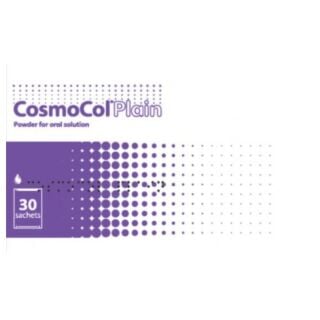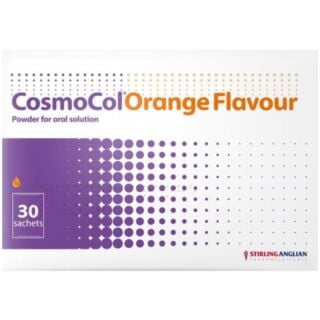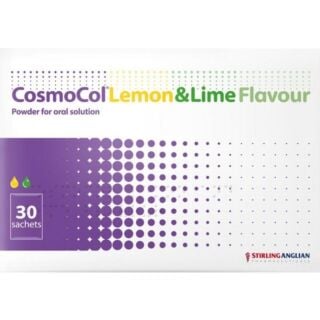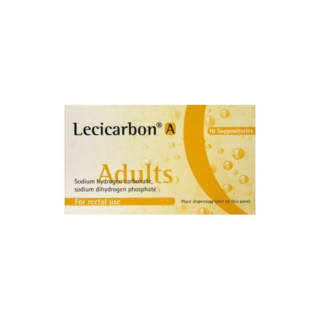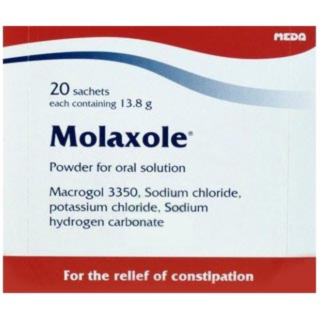Constipation
-
Phillips' Milk Of Magnesia Liquid Traditional Mint Flavour - 200ml (3 Pack)
(17)
 Now£18.99RRP £20.97
Now£18.99RRP £20.97

Free delivery when you spend over £30

100% discreet delivery for every item ordered

Fully regulated UK pharmacy
How do I relieve constipation?
You’re usually able to treat constipation yourself with just a few simple changes to your lifestyle and diet - which you can also try if you’re pregnant.
Try increasing the amount of fibre in your diet and the amount of fluid you drink (avoid alcohol) as it may make your stool easier to pass.
By increasing the amount of exercise you do, it will improve how often you need to use the toilet.
If none of these changes work for your constipation, your healthcare provider might recommend an enema, which softens the stool to make it easier to pass.
What causes constipation?
Constipation can happen for lots of different reasons, it’s a very common condition that happens to almost everyone at one point or another in their lives.
Some of the most common causes of constipation include:
- Not enough fibre in your diet
- Dehydration
- A change in your diet or lifestyle
- Some medications, for example, codeine
- Not being active enough or living a sedentary lifestyle
- Mental health conditions, e.g. stress, anxiety, depression
What is constipation?
Constipation is a simple blockage in the digestive system that can cause a lot of problems, including not being able to poo.
To find the solution to constipation, first, you need to know the cause.
You might know what constipation feels like but it isn’t what you might expect it to be.
Constipation itself isn’t a disease or an illness. It is, in fact, a symptom.
It can be a symptom of a number of different conditions that vary in severity.
What’s the best constipation medicine for me?
The best type of constipation medicine for you will depend on what has caused your constipation in the first place.
For example, if your constipation is caused by dehydration you may need to take a different laxative than you would if your constipation is caused by a side effect of medication.
We’d recommend speaking to your doctor or pharmacist and asking them to recommend the best constipation medicine for you if you’re at all unsure.

